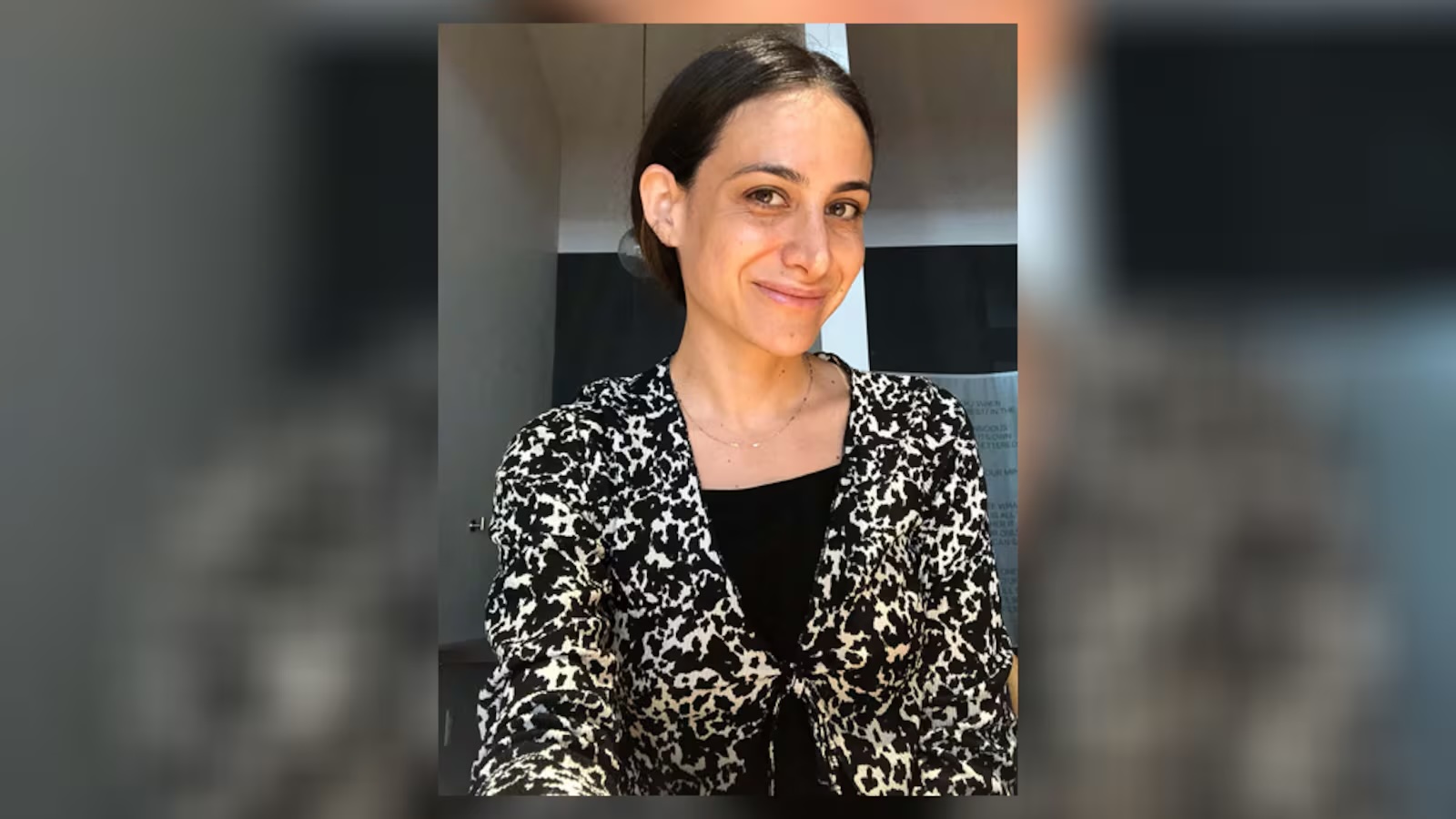Assisted living struggles take center stage at U.S. Senate hearing

The United States Senate Special Committee On Aging listened to testimony on Thursday that detailed the struggles and lack of accountability within the country’s assisted living sector, with a recent Atlanta Journal-Constitution investigation noted as evidence in the written testimony.
The hearing was co-chaired by Sen. Robert Casey, Jr. (D-Pennsylvania) and Sen. Mike Braun (R-Indiana) with a focus on everything from the quality of care to costs and hidden fees, with an extra focus on the fact that America’s population is aging rapidly and more individuals are turning to assisted living facilities as they enter this next stage of life.
“As needs change, we need to know if assisted living is meeting the needs of residents or their families,” said Sen. Casey.
Assisted living facilities began cropping up in the 1980s as an alternative to nursing homes, which were viewed as more restrictive and medical-based. Presented often as more of a “social model,” assisted living facilities are increasingly, however, caring for a frailer and more dependent population.
Testimony at the hearing noted that approximately 40% to 70% of assisted living residents have Alzheimer’s disease or some other cognitive impairment, over half have hypertension, one-third have heart disease or depression, roughly 50% of residents need help with dressing and or walking and two-thirds need help with bathing.
It is estimated, according to Sen. Casey, that one million Americans are currently living in 30,000 assisted living facilities, paying on average $54,000 per year. Noting there are hidden fees that can increase that amount, Casey said the committee had set up a website for Americans to submit their bills to help uncover the true cost.
Despite the growing needs of the population within these homes, assisted living facilities don’t have national regulations, so accountability falls on the state, and often with mixed results.
“The tensions between social care and health care inherent, have spurred calls by scholars for assisted living to be reimagined,” said Dr. Jennifer Craft Morgan, the director of The Gerontology Institute at Georgia State University.
She, as well as other witnesses and senators on Thursday, discussed the possibility of building a federally-supported website where data would be housed to compare facilities, an increase in opportunities for training for assisted living workers, and the creation of national guidelines for these homes.
In 1987 Congress passed the Nursing Home Reform Act, which set national standards and regulations for the industry. The bill, according to Richard Mollott, executive director of the Long Term Care Community Coalition, and one of the hearing’s witnesses, came about after scandals in the nursing home sector kept coming to light. We are, he said, at that moment now with assisted living facilities.
“We’re seeing these issues are really coming up and now is the time to take action,” he said, pointing to a recent Washington Post report that detailed dozens of seniors dying after eloping from assisted living facilities, as well as local reporting across the country. Mollott included a recent investigation by the AJC in his written testimony.
Earlier this month, the AJC published an investigation that highlighted problems with the state’s oversight of assisted living and personal care facilities and its lackluster enforcement of state regulations. The story focused on Savannah Court of Lake Oconee, a Greensboro assisted living facility that received over 70 state violations since 2021, including cases involving the deaths of two residents.
In August, state regulators sent the facility a notice of revocation, but then entertained the idea of a settlement agreement. During these discussions, which pushed back the hearing date, a resident was sexually assaulted in October. A hearing eventually commenced Jan. 3, the day AJC’s investigation published, and a second hearing is scheduled for Jan. 30.
In 2020, following an Atlanta Journal-Constitution investigative series documenting similar inadequacies and accountability issues, the state passed a reform package to increase its fines and requirements of senior care facilities. Savannah Court’s high number of violations and the continued use of settlement agreements — which can couch penalties by breaking them up — raised questions about the state’s commitment, as well as its ability, to follow through with its promise to hold its 1,686 assisted living and personal care facilities accountable.



